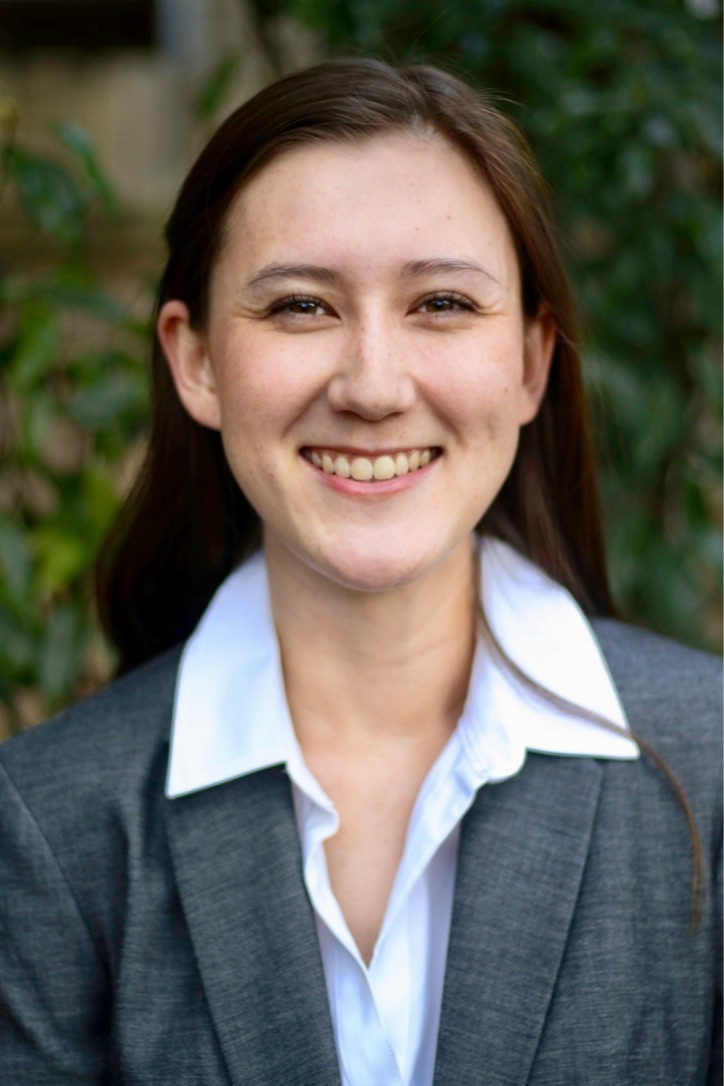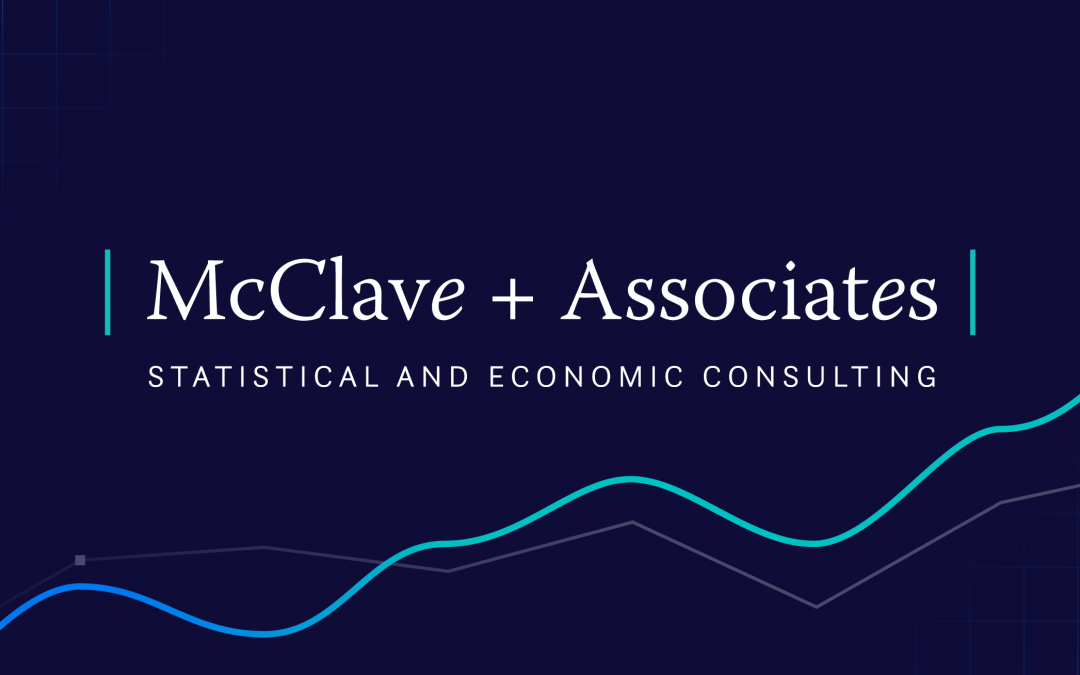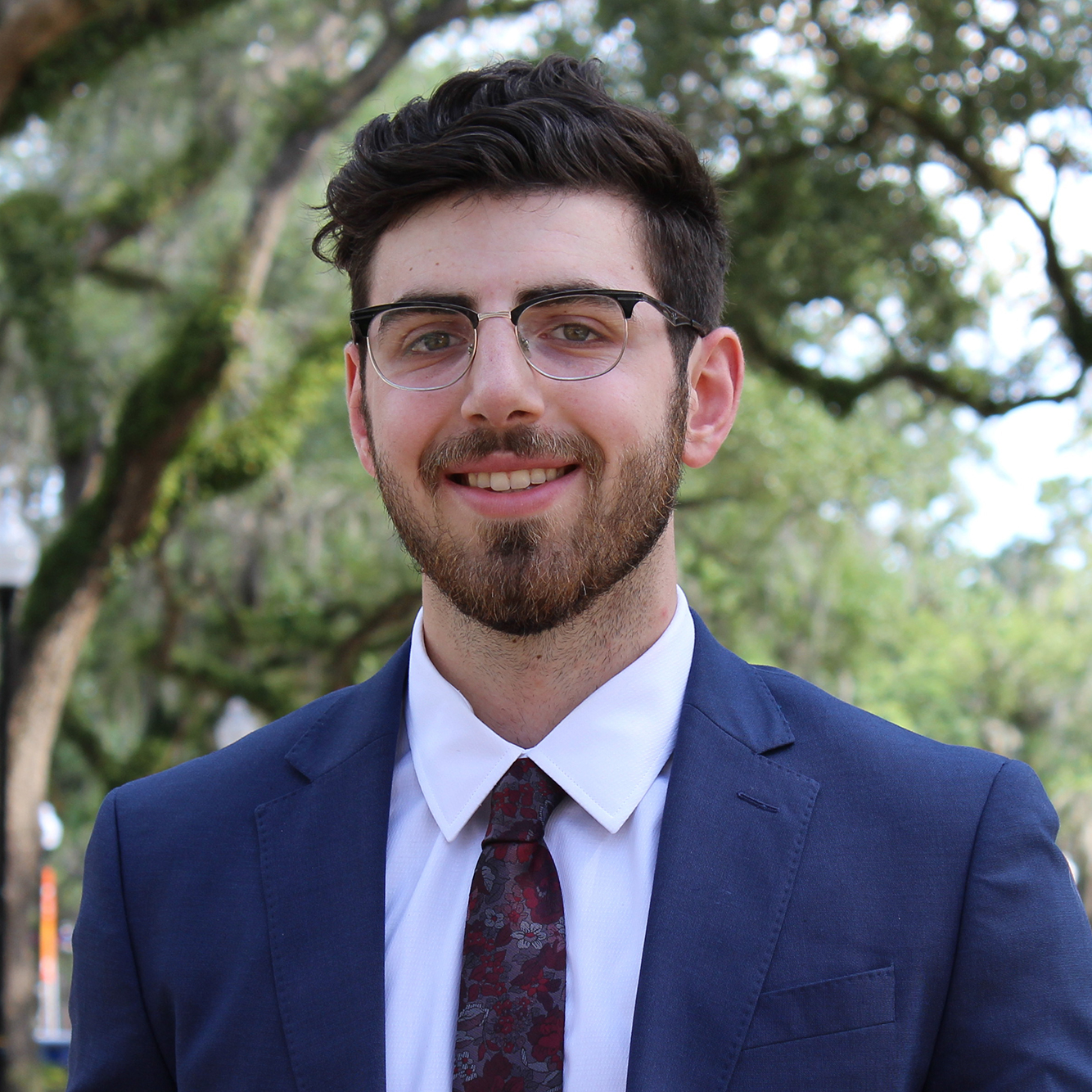
Brooke Harmer
Recently, we both had the pleasure of attending AAI’s 14th Annual Private Antitrust Enforcement Conference. As young professionals who entered a field heavily focused on antitrust litigation earlier this year, our first AAI conference was a very informative experience. Despite this event transitioning online due to the COVID-19 pandemic, it truly seemed like the show carried on without missing a beat, and the communal feel surrounding this conference was undeterred by this transition.
This conference had a clear emphasis on diversity in the workplace and the strides we can take to achieve a representative workforce. An example that was used was “The Intel Rule,” which refers to Intel’s commitment to only work with outside counsel having at least 21% of their U.S. equity partners as women and at least 10% of their equity partners as underrepresented minorities. Intel believes if they “want to shape the future of technology, [their] workforce must be representative of that future.” This concept is applicable to any industry, including our own, in that if we are going to solve complex problems, we need diverse perspectives. By having a more diverse workforce, we are also able to look at our cases in different lights to find more creative solutions and better represent the people who our cases affect.
In the session titled “Leading Voices in Private Enforcement: Insights on Bringing and Litigating Successful Antitrust Cases,” which was moderated by Judith Zahid with panelists Dena Sharp, Eric Cramer, Dan Gustafson, and Kellie Lerner, the discussion on what makes a good expert was also enlightening and especially relevant to us at Infotech. As an expert, it is essential to be able to explain complex topics in a way that is simple to understand. This concept has been reflected at every level of our team through all phases of our projects. Each person on our team has specialized skills, so to be able to make a complicated topic understandable for every person on the team ensures that a jury will likely also be able to follow our logic. Additionally, good experts always prioritize honesty. This is a core Infotech Consulting value, and it comes naturally for us. We represent both plaintiffs and defendants, allowing the data to tell its truth, and we choose to work on cases in which we honor that truth. For this reason, we select our cases just as much as they select us.
Within the same session, there was a segment discussing advice for up and coming associates. Although we are not associates at a law firm, much of this advice was still very relevant to us as recent hires. When starting out in a new field full of so many complex and fascinating topics, it is easy to get intimidated by how much you may not know. However, the antidote to this intimidation is the privilege of being able to surround ourselves with a supportive team that gives us confidence. During the discussion, the following idea was raised: “ When working with a new associate, start with the idea that this is the next star; if you have hired them, you must already believe they can be.” Another related concept was stated plain and simply: “It is okay to lose. It is okay to make mistakes.” These are sentiments that the Infotech Consulting team strongly echoes, and it has been clearly showcased in the way we have been treated in our first few months on the job. Although we can only hope to one day reach star status, being able to immerse ourselves in an uplifting environment makes it even easier to find engagement with and passion for our work.
Speaking of passion, this conference clearly had a lot of it. It is evident that the AAI community has a purpose far greater than itself: promoting the well-being of fair, competitive business practices. It is refreshing (to say the least) to be able to work in a field in which we can positively affect social outcomes through our efforts, and it makes waking up in the morning all the more motivating. The sense of camaraderie surrounding this conference in support of the greater good really affirmed to us a sense of belonging.
The communal feel of the AAI extends beyond the boundaries of work. Some of the most memorable moments of the conference came from honoring the life of Hollis Salzman. Although we did not have the pleasure of knowing Hollis, it is evident that she left a positive impact on so many people, including our colleagues at Infotech Consulting who speak so highly of her. If we left the 14th Annual Private Antitrust Enforcement Conference knowing one thing was certain, it was that this impact will surely carry on for many years to come.


